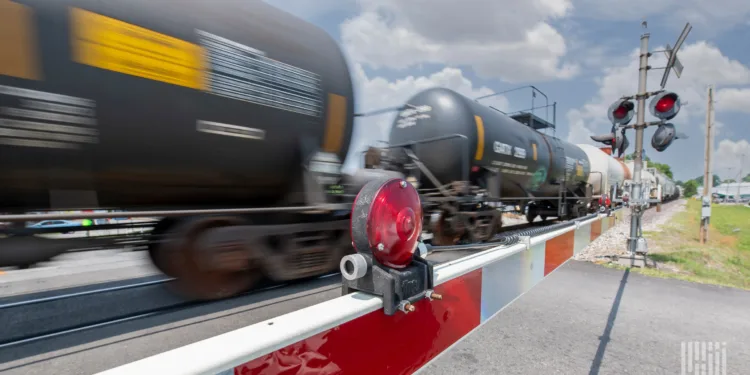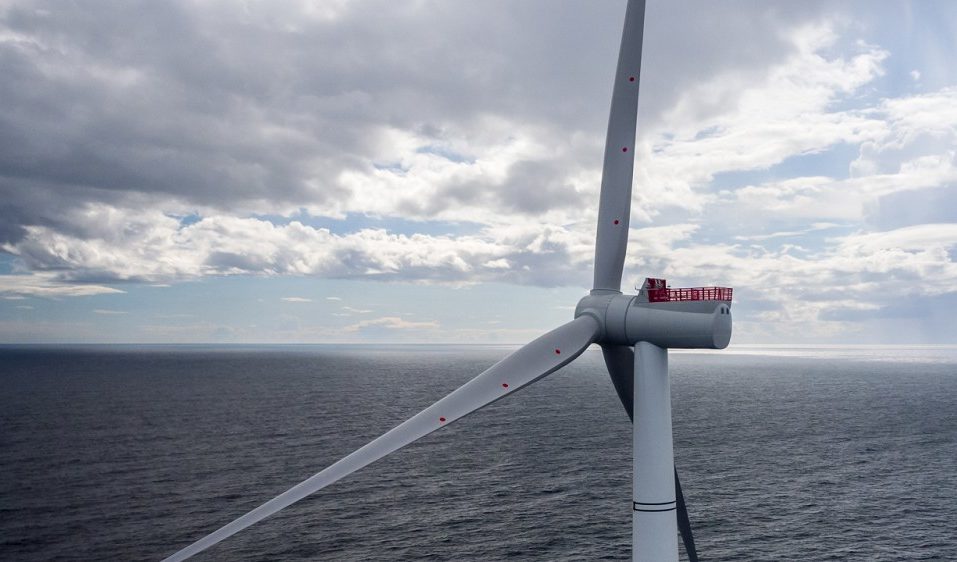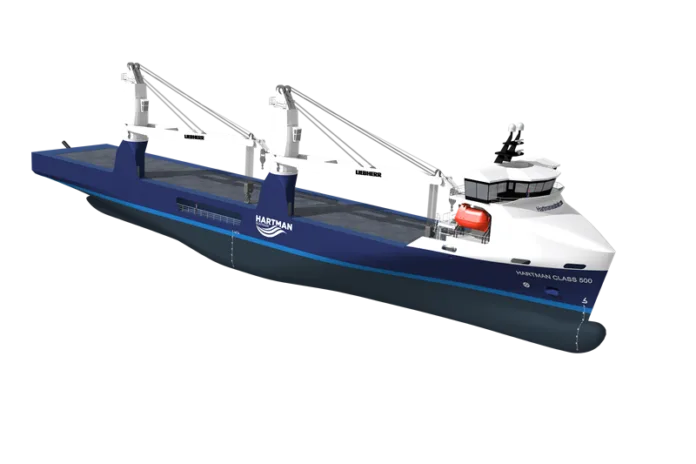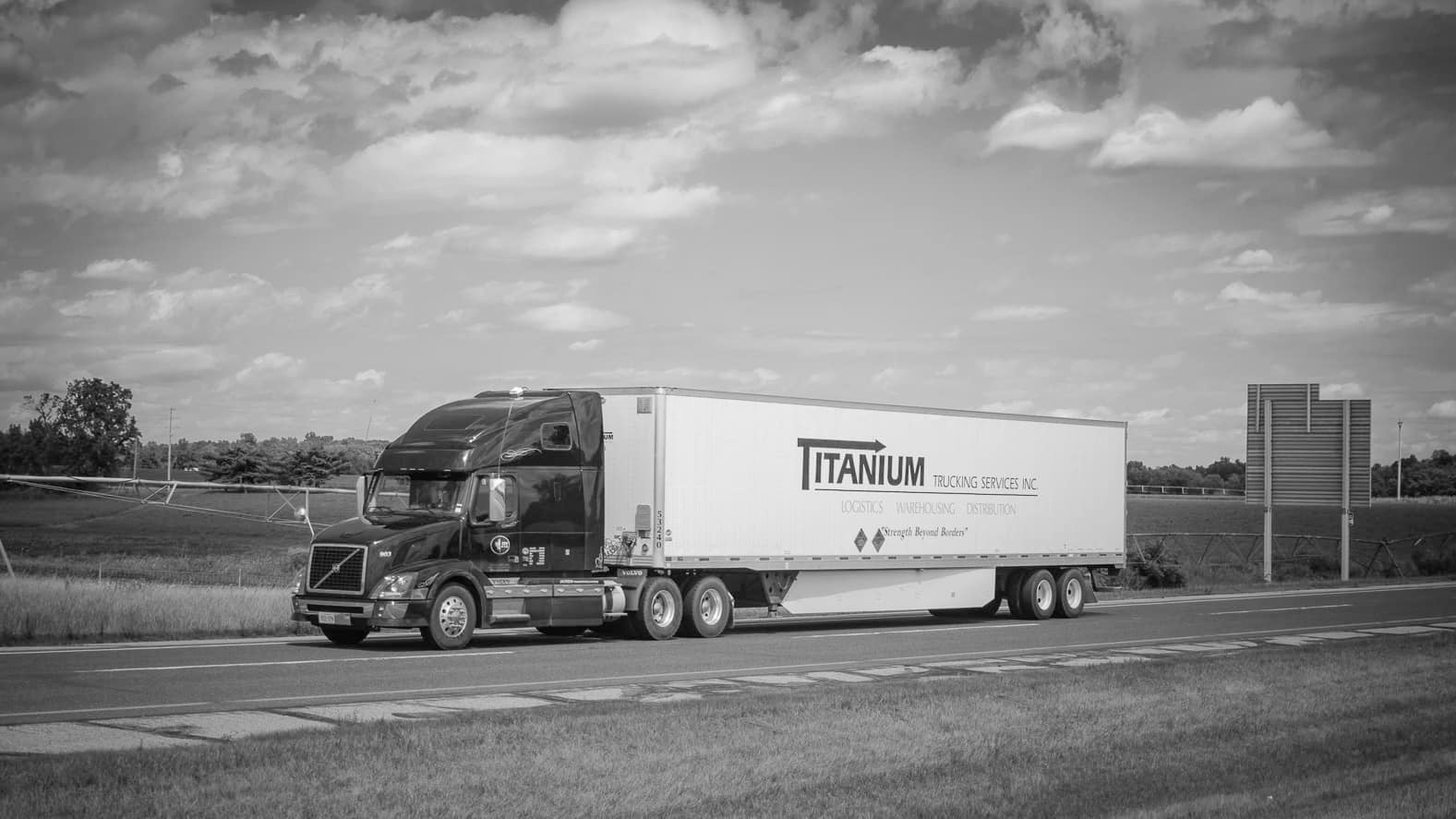A coalition representing manufacturers, and agriculture and energy producers warned federal regulators that a proposed $85 billion railroad merger will make it more difficult and expensive to ship by rail.
The Rail Customer Coalition (RCC) in a letter to the Surface Transportation Board (STB) Tuesday said that Union Pacific’s proposed acquisition of Norfolk Southern could compromise competition across the U.S. freight rail network, increase costs and worsen what it claimed are chronic service failures.
Union Pacific (NYSE: UNP) and Norfolk Southern (NYSE: NSC) in July announced plans to consolidate in a deal that would create the first transcontinental freight railroad, a rail colossus operating 53,000 miles of track in 43 states.
The RCC, which represents individual companies and trade associations, said its members account for more than half of the total volume of freight shipped by rail each year. It said a merger would leave rail customers with fewer options in an industry dominated by six railroads controlling more than 90% of freight traffic.
“Past rail mergers have shown what happens when consolidation goes unchecked: service suffers, costs increase, and jobs disappear,” the RCC said in the letter. “A transcontinental merger could spark a new wave of consolidation, leaving captive shippers with even fewer rail companies to choose from. This is in direct contrast to [President Donald Trump’s] executive orders aimed at promoting American prosperity, curbing anti-competitive practices, and preventing monopolistic behavior.”
The shippers called for a thorough review of the proposed merger and for the STB “to take meaningful action to enhance competition, service, and supply chain stability.”
The warning comes just days after Trump met with UP Chief Executive Jim Vena in the Oval Office.
The RCC pointed out that the STB’s stricter rules adopted in 2001 require a merger to “enhance competition.”
“For any transaction that would so dramatically extend a single railroad’s market power, that threshold should mean broad, new access to competing rail service, not just claims that single-line routes could make rail more competitive with trucks.
The merger partners have said that a transcontinental railroad will speed up freight by reducing delays when trains are handed over between railroads.
The shippers also quoted a consultant’s study that showed rail freight rates, adjusted for inflation, increased by more than 40% over the past 20 years, ahead of demand and operating expenses. “Rail rates also increased by almost 70% more than truck rates in the same period,” the group said, as mergers had reduced the number of large rail carriers from 23 to six.
Reduced competition has pushed up profit margins by 265% while the amount of goods shipped by rail has declined, the group said.
Subscribe to FreightWaves’ Rail e-newsletter and get the latest insights on rail freight right in your inbox.
Find more articles by Stuart Chirls here.
Related coverage:
CSX CEO: Obsession with profit margins stunting railroads’ growth
Union Pacific, Norfolk Southern roll out new domestic intermodal
Union Pacific CEO pitched Trump on National Guard deployments
Rail freight slips in latest week
The post Rail merger warning: Higher costs, worse service ahead appeared first on FreightWaves.















